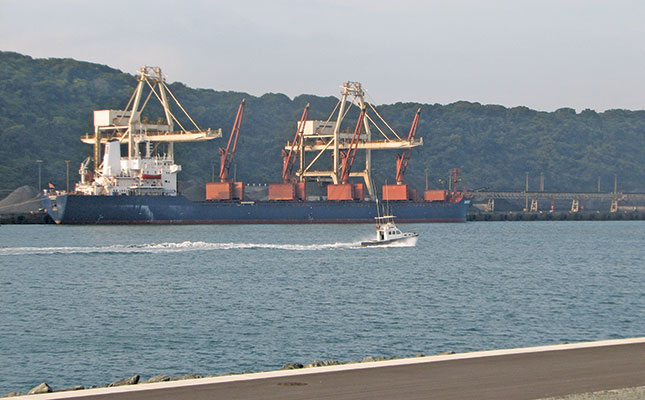
This was according to Jaco Minnaar, president of Agri SA, who called for the urgent resolution of the wage negotiations between Transnet and its striking workers.
“We cannot afford the economy being held to ransom by strikes any longer. Not only does it have an obvious impact on imports and exports, but also [on] the economy in general, which will inevitably filter down to the individual consumer,” he told Farmer’s Weekly.
“Another real danger is that [cargo vessels] will simply keep away from ports adversely affected by the protestors.
“Our ports have, as it is, recently been rated as some of the worst in the world by the World Bank. The protest coupled with the poor condition of the ports has created an untenable and dangerous situation,” Minnaar said.
The South African Association of Freight Forwarders also added its voice in calling for the urgent resolution of the wage negotiations.
Dr Juanita Maree, the organisation’s CEO, said in a statement that the combined ripple effect of the ongoing impasse between recognised unions and Transnet was “more than the country can absorb, given the current economic climate”.
“According to the latest statistics from the South African Revenue Service, R343 billion worth of goods were traded by the country in August.
“If we consider that 70% of merchandise is processed via the ocean modality, the strike blocks more than R8 billion worth of goods each day,” said Maree.
Francois Strydom, chairperson of Agbiz, added that the protest action affected virtually every economic sector in South Africa.
He said the situation was being further exacerbated by the fact that government “experienced such grave cash flow problems that every decision it made needed to be based on what its cash flow constraints allowed or not”.
“Whatever the case, it is vitally important that both parties remain in conversation. I don’t even want to think what could happen if this turns into aggressive action. That scenario can only be avoided if the parties involved continued talking to each other,” he said.
Get trusted farming news from Farmers Weekly in Google Top Stories.
➕ Add Farmers Weekly to Google ✔ Takes 10 seconds · ✔ Remove anytime





